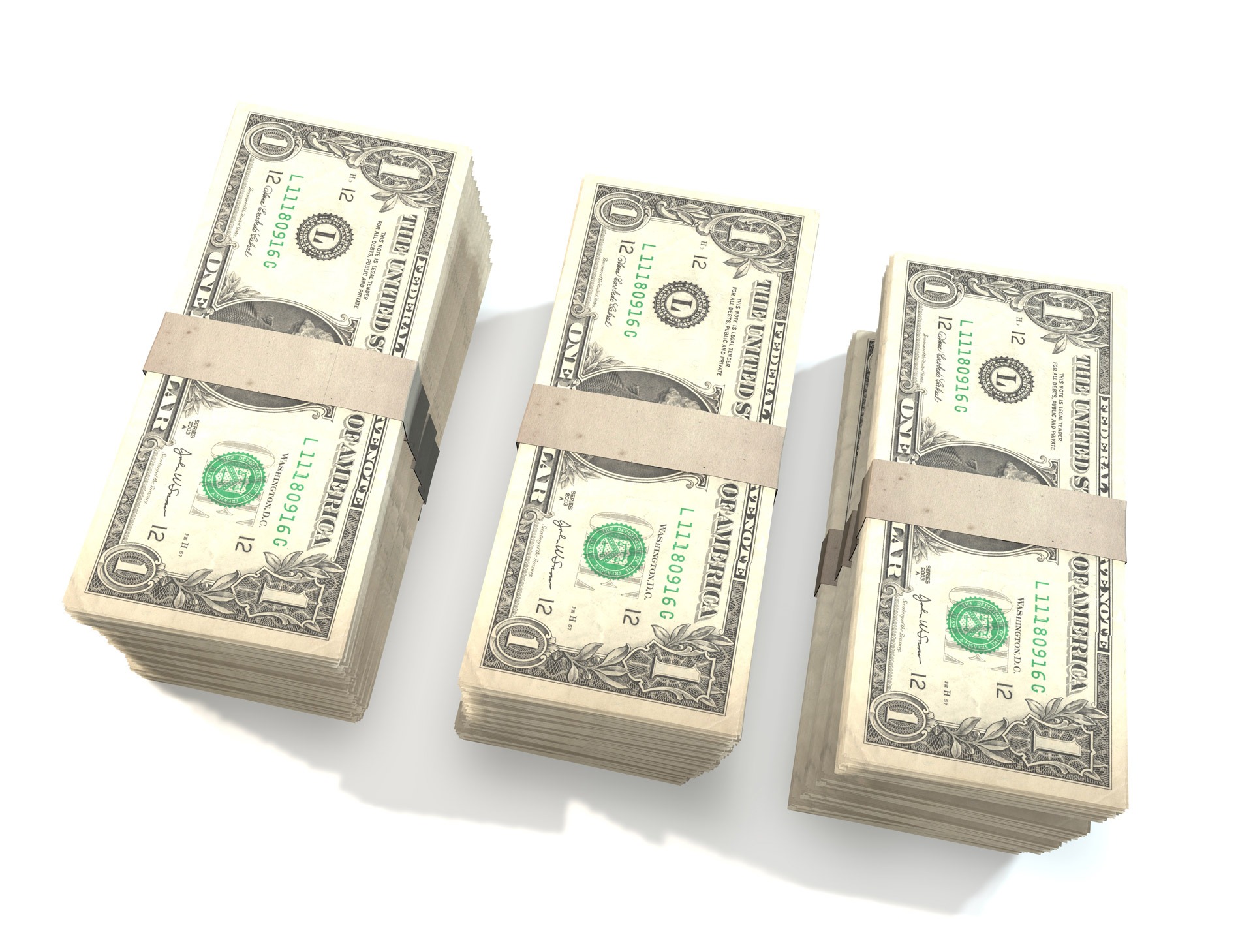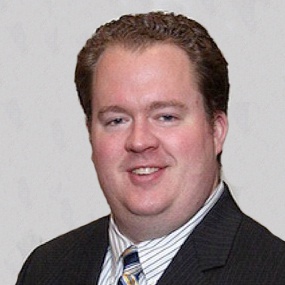
When you have to raise a lot of money to run for office, it can be easy to focus solely on major donors… those donors who can “max out” by giving thousands of dollars (or more) to your campaign. Thus, most campaigns have a strong major donor program, offering recognition and campaign-related perks to large donors on a regular basis.
On the other hand, many campaigns don’t spend much time on their lower-dollar (“minor”) donors, even though these donors can, as a group, donate a significant amount to your campaign. The reason most campaigns don’t focus much on minor donors (other than, perhaps, beefing up their direct mail efforts) is because they think that the cost of cultivating low-dollar donors would exceed the amount that they donate. This isn’t necessarily true – and many campaigns have found great success in setting up systematized minor donor programs to help them raise more money in smaller increments.
What is a Minor Donor Program?
A minor donor program is just like a major donor program, only it is focused on small-dollar donors. It involves setting up a cultivation system for low level donors that help them feel like a true part of your campaign’s team, without breaking the bank.
The primary goal of your minor donor program is to help your campaign build strong relationships with your low-dollar givers so that they continue to give to your campaign over and over again. Second, your minor donor program scan encourage small donors to provide referrals to their friends and family who might also want to make a donation to your campaign.
The key to running a successful minor donor program, of course, is systematization. While your campaign can afford to spend lots of time individually cultivating major donors through meetings, calls, and perks like lapel pins and event invitations, you won’t be able to spend much money per low-level donor if you want to raise more than you spend on the program.
The goal for your campaign’s minor donor program is to provide lots of communication and relationship-building with your donors without taking lots of time or money for the campaign to run. Thus, minor donor program perks include things like e-mail newsletters, invitations to a special “Thank You” event, free bumper stickers, etc. Nothing too high-dollar or time-intensive.
Levels, Benefits, Perks
Remember, the purpose of your campaign’s minor donor program is to make small-dollar givers feel as important as your larger donors. You can do this by giving your minor donor program all of the trappings of your major donor programs.
First, set some different giving levels for your minor donor program. Maybe you will decide to set up a “Patriots” group for donors who give $100 or more to the campaign, and another “Pioneers” group for donors who give $250 or more. Or, perhaps you can set up a program for recurring givers, such as a group for donors who agree to give $15 per month automatically deducted from their credit cards, and another for donors who agree to give $35 or more per month. Set levels that make sense for your campaign and your donors.
Second, set the perks and benefits you will be offering to members of your various groups. For example, you could offer your $100 or more minor donor group a free bumper sticker and a month e-newsletter, while members of your $250 or more group get all of that plus an invitation to two special (free) events with the candidate. Remember that all of the benefits you offer must be campaign-related, and never be based on future actions or influence should the candidate be elected to office.
Then, once your program is set up, you’ll want to start marketing the program to your donors and prospects. You can do this by printing up fliers about the program that you can pass around at events and at your campaign headquarters, as well as putting information about the program on your campaign website. You can also mention the program as part of your mailings and online fundraising activities.
Remember, of course, not to call the program a “minor donor” program. While your staff will know that the program is targeted at small-dollar donors, you want to make sure that every one of your donors feels like a major donor and an important part of your campaign team.




